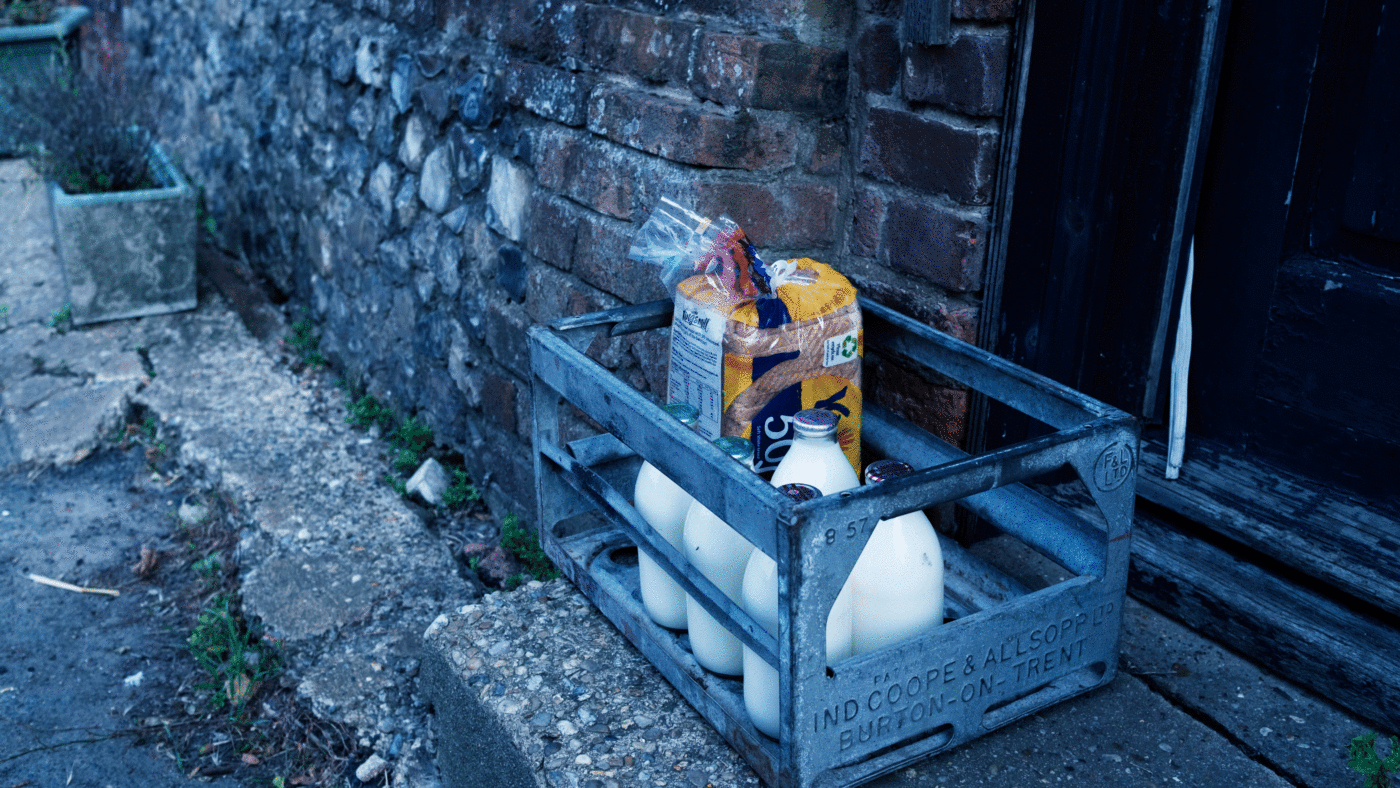Last week the Government published the UK’s first official statistics showing how many people are going without food because they can’t afford it. Some of the findings are startling: 43% of those receiving Universal Credit are food insecure. And these statistics represent the situation between April 2019 and March 2020: before the pandemic took hold, before large parts of the economy were shut down and before Universal Credit was boosted.
It’s clearly unacceptable that people in our society are going hungry; everyone should be able to support themselves with dignity. A groundswell of public disquiet has grown over the past year as even more people have been forced to turn to foodbanks (given added impetus by Marcus Rashford’s campaigning on free school meals). But we must resist the temptation to jump to the wrong conclusions about how to turn back this rising tide of hardship.
The solution to food insecurity is not for the Government to start providing food to low-income families. Nor is it for supermarkets to redouble their charitable efforts or introduce more discounts and vouchers. The market for food and groceries is not broken, at least from a consumer’s point of view. The market offers a good variety of choices at a range of prices and is flexible enough for most people to meet their needs and preferences. (There are other issues of sustainability and the wider food system which do need addressing but these are not the main drivers of food insecurity.)
Instead, we should look away from food itself and out at the other factors which trap people in hardship and prevent them having the income to afford essentials.
This past year of being told to stay at home has highlighted how important it is for all of us to have a home that is safe, affordable and healthy. But the housing market, unlike the grocery market, does not function effectively. Last week’s story about a homeless boy forced to make a 170 mile round trip to school was a stark illustration of this dysfunction.
To work properly, the housing market needs a balance of different tenures – homes to buy for people at different life stages and income levels, homes to rent privately and low-cost rented homes for those whose incomes are too low to afford either private market rents or to buy. Over many decades, the UK has failed to build and retain enough low cost rented homes, especially social housing. That forces people into other parts of the housing market which are not designed to meet their needs. Typically, they end up in private rented homes, often overcrowded and in poor condition, with rents so high they are forced to cut back on food and other essentials to stave off homelessness. Rebalancing the housing market would go a long way to easing the pressure of poverty and enabling those on low incomes to have a secure base on which to build their lives.
The labour market also needs improvement if we are to free people from hardship and food insecurity. Record high employment levels pre-pandemic were rightly celebrated, but too many people got stuck in jobs that were not only low paid but also insecure and offered little training or opportunities to progress upwards. With four million workers locked in poverty, work failed to provide a reliable route to dignity and security. As we rebuild our economy, we should also redesign the bottom end of the labour market to restore the reliability of work. Alongside improved opportunities in the labour market, we also need a social security system which can be depended on to deliver adequate support when times are tough, and the right incentives and help to get and keep work and increase earnings.
This weekend many of us will enjoy the gradual opening up of public spaces, able to once again meet friends and family outside. If all goes well, we can look forward to the economy opening up over the next few months – haircuts, shopping and eating out will all come back into our lives. Many people will celebrate by spending some of their built-up savings from the past year; those who could keep working safely, cover the bills and save the money they would have spent on leisure. But many who started the pandemic on low incomes are coming out of it feeling even more precarious, having built up debt, gone without food and seen bills and rent arrears mount up.
As we look beyond Covid to our national recovery, we must resist knee jerk responses to the stark picture of food insecurity captured in last week’s statistics. Instead, we should look to the underlying drivers and shape a recovery that builds on the well-functioning parts of our economy and fixes those aspects which hold us back.
Click here to subscribe to our daily briefing – the best pieces from CapX and across the web.
CapX depends on the generosity of its readers. If you value what we do, please consider making a donation.


